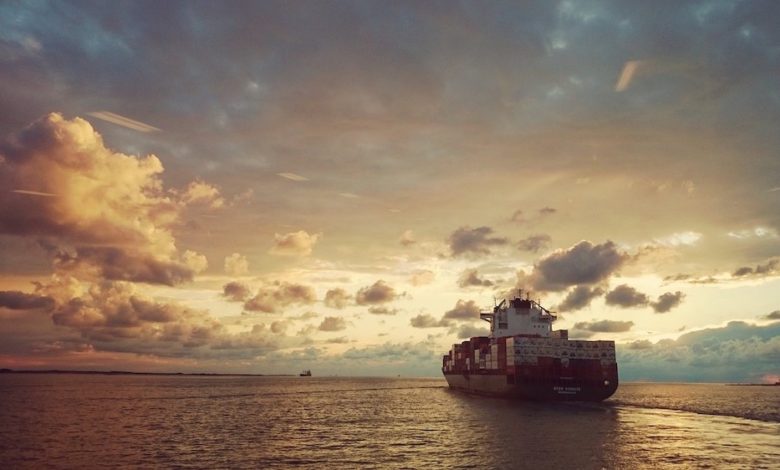The risks of regulatory complexity

The more complex a piece of legislation is, the more loopholes exist that can lead to distortions, evasion, and carbon leakage, writes Harilaos Psaraftis, a professor at Technical University of Denmark.
Per a recent article by Lloyd’s Register, and according to the provisions of the forthcoming FuelEUMaritime regulation, “a pool of ten boxships could avoid around €277m in FuelEU Maritime penalties in five years (2030-2034) if they are joined by a single vessel fuelled with e-methanol. That saving far outweighs the likely cost of building the methanol-fuelled containership.” The article also highlights the potential to offset an entire fleet or pool’s penalties with just a few over-performing ships.
I have not studied the details of the LR analysis, and the final text of the regulation is not yet out. But something like this would defeat the purpose of the regulation, as it would create a side market for such penalties, or for selling surplus carbon performance to under-performing ships, instead of investing in green technologies or fuels.
In my view, the more complex a piece of legislation is, the more loopholes exist that can lead to distortions, evasion and carbon leakage. And FuelEUMaritime is, in spite of whatever good intentions, a rather complex piece of legislation, full of derogations, exemptions, and special provisions. So I would not be surprised if it might lead to such side-effects.
This is not the only example. Another complex piece of legislation is the directive that includes shipping in the EU emission trading scheme, an initiative parallel and complementary to FuelEUMaritime. The relevant proposal by the European Commission was submitted in July 2021, and the ‘trilogue’ with the European Parliament and the Council has been recently concluded, even though we have not seen the final text here either.
In a paper published in March 2022, we examined the risk of carbon leakage due to containerlines relocating their EU transhipment hubs to ports just outside the EU, so as to avoid paying into the EU ETS. Focusing on some specific cases, we calculated the minimum EU carbon price that would render the switch of the transhipment hub a cost-effective choice for the operator. That carbon price was well below €25 per tonne of CO2, which in turn is well below the current EU carbon price. That would constitute a huge loophole which might result in carbon leakage, loss of EU ETS revenue, and loss of income of EU ports. The original commission version of the directive was oblivious of such a risk and included no language to mitigate it.
In June 2022, and after the above paper was published, the European Parliament and the Council produced two alternative versions of this directive, which explicitly addressed the risk of transhipment hub relocation for containerlines and included language to mitigate it. Specifically, it was proposed to exclude from the definition of a ‘port call’ all non-EU container transhipment ports that are within 300 nautical miles of the EU. A similar language is included in the FuelEUMaritime regulation. To what extent this new language can plug the loophole, remains to be seen. Perhaps by coincidence, in July 2022 Maersk announced the swap of Algeciras in Spain for Tanger Med in Morocco on the northbound leg of its SAECS service, linking South Africa to Europe. The reasons for the swap were not immediately clear.
Another piece of regulatory complexity is the one governing CII, IMO’s Carbon Intensity Indicator. In another paper, we showed how one could manipulate CII to achieve compliance but increase CO2 in the process. Even more complex is (and nobody knows) how would CII intersect with the EU ETS and FuelEUMaritime.
What would be a simple, yet effective policy for reducing GHG emissions from ships? Institute a substantial global carbon levy. This would induce slow steaming in the short run, and incentivise the use of low or zero carbon fuels in the long run. Both would reduce GHG emissions. The IMO is currently considering such a measure, within a basket of measures, however politics seems to be a main obstacle.
